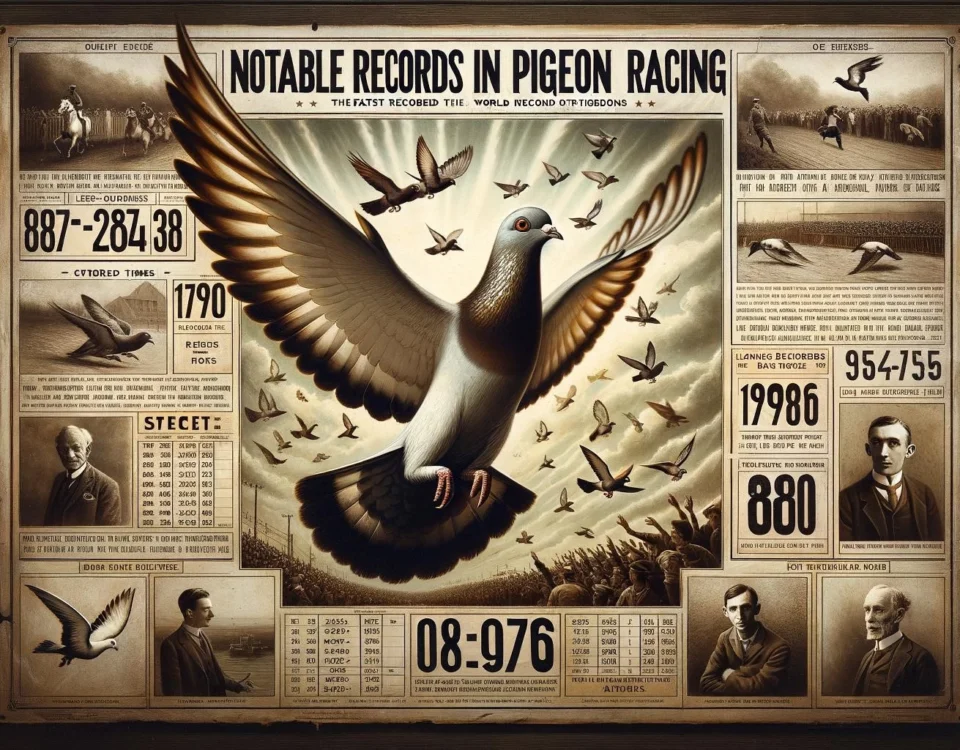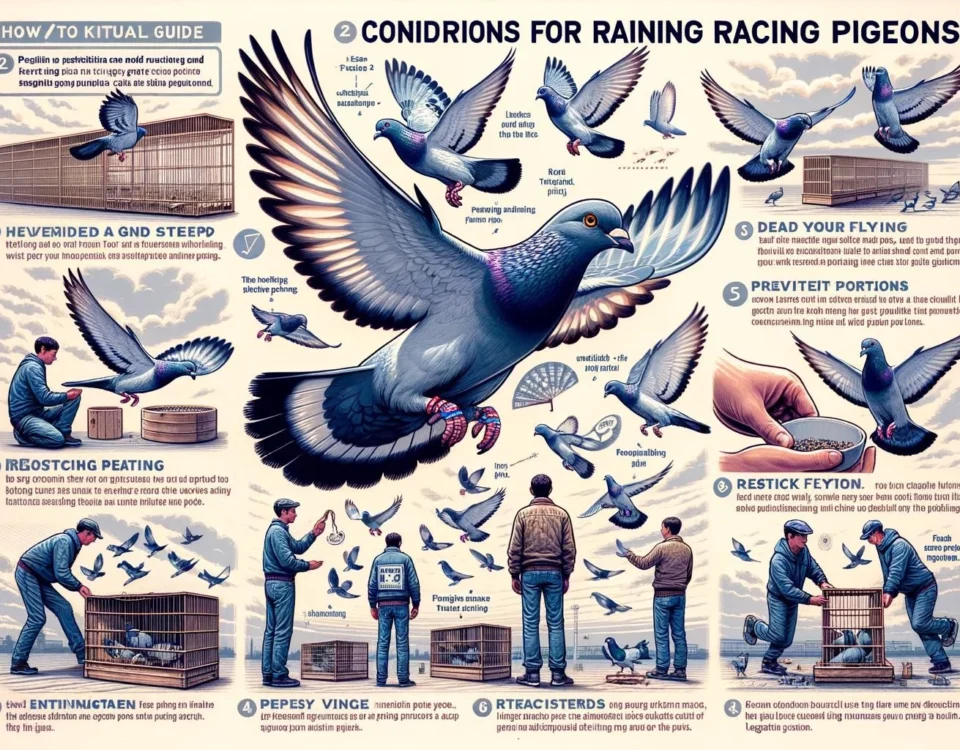Racing pigeons is a popular sport that involves releasing specially trained homing pigeons and timing their return to their respective lofts over a measured distance. While this activity may seem harmless and entertaining, it raises ethical concerns that should be considered.
Key Takeaways
- Pigeon racing involves releasing trained homing pigeons and timing their return to their lofts over a measured distance.
- Some ethical concerns associated with pigeon racing include the well-being and treatment of the pigeons, the competitive nature of the sport, and the potential for harm to the birds.
- Responsible practices, proper care, and adherence to ethical guidelines can help improve the welfare of racing pigeons.
The Treatment and Well-being of Racing Pigeons
One of the primary ethical concerns surrounding pigeon racing is the treatment and well-being of the racing pigeons. Pigeons are highly intelligent and social animals that require proper care to ensure their health and happiness.
There have been cases where racing pigeons have been subjected to harsh conditions during transportation, leading to stress, injuries, and even death. The handling and management of pigeons during racing events also raise questions about the welfare of these birds.
Furthermore, the separation of racing pigeons from their lofts, where they form tight bonds and establish their homes, can cause significant stress and emotional distress to the birds.
The Competitive Element and its Impact on Pigeons
Pigeon racing is a competitive sport, where the aim is to have the fastest pigeon returns to its loft. This competitive element can create a strong incentive to push the birds to their physical limits, potentially compromising their well-being.
Some racing practices involve overexerting the birds by pushing them to fly long distances under difficult weather conditions. It is essential to strike a balance between the competitive aspect of the sport and the welfare of the pigeons involved.
Additionally, the pursuit of high-performance pigeons has led to the selective breeding of birds, often prioritizing traits related to racing ability over overall health and well-being. This can result in genetic issues and an increased risk of health problems for the birds.
Responsible Practices and Ethical Guidelines
While there are ethical concerns related to pigeon racing, it is possible to promote responsible practices and improve the welfare of racing pigeons. Adhering to a strict set of ethical guidelines and regulations can help ensure that the birds are treated with care and respect throughout their racing careers.
These guidelines may include providing proper training and conditioning, ensuring adequate nutrition and hydration, prioritizing bird health and veterinary care, creating suitable loft conditions, and minimizing stress during transportation and race events. Regular assessments and monitoring by veterinary professionals can contribute to the overall well-being of the racing pigeons.
Education and raising awareness about the ethical considerations of pigeon racing can also play a crucial role in promoting responsible practices among participants and enthusiasts. By prioritizing the welfare of the birds, it is possible to find a balance between the enjoyment of the sport and the ethical treatment of the animals involved.
In conclusion, pigeon racing raises several ethical concerns, including the treatment and well-being of the pigeons, the competitive element of the sport, and the potential for harm to the birds. While these concerns exist, promoting responsible practices and adhering to ethical guidelines can help mitigate the welfare issues associated with pigeon racing.









